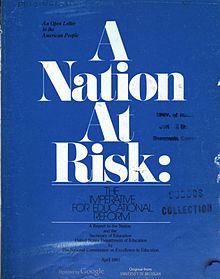In Florida, it is never too soon to learn about the dangers of Communism! Governor DeSantis just signed a bill to teach about Communism in schools from K-12.
Some questions:
1) Will students learn about the dangers of Communism or the dangers of dictatorship?
2)Will students learn only about Communism only in Cuba or will they also learn about it in Russia, China, Vietnam, and Cambodia, and elsewhere?
3) Will they learn about the dangers of fascism and study the Nazis and their ideology?
4) Will students learn about dictatorship, whether Communist or fascist, and the ideology and practices they have in common, e.g. censorship of books and public media, suppression of dissent, jailing of dissidents, subservience of the judicial and legal authorities to the dictator, control of what is taught in schools and universities, persecution of ideological enemies, etc.? Assignment of books such as Brave New World, 1984, and Animal Farm. Will students be allowed to study examples of censorship and suppression in our society?
Ryan Dailey writes in The Orlando Sentinel:
Flanked by veterans who served in the Bay of Pigs invasion, Gov. Ron DeSantis on Wednesday signed a measure that will lead to the history of communism being taught from kindergarten to the 12th grade in public schools.
“We’re going to tell the truth about the evils of communism,” DeSantis said at the bill signing in Hialeah Gardens.
State lawmakers overwhelmingly approved the measure (SB 1264) during the 2024 legislative session that ended last month. Under the bill, lessons on the history of communism will be added to required instruction in public schools starting in the 2026-27 school year.
The lessons would have to be “age appropriate and developmentally appropriate” and incorporate various topics related to communism, its history in the United States, including tactics used by communists.
“Atrocities committed in foreign countries under the guidance of communism,” also would be required as part of the lessons.
“All of this will be spread across the curriculum K through 12,” said Education Commissioner Manny Diaz Jr. The Department of Education will draw up academic standards for the lessons.
DeSantis signed the bill on the 63rd anniversary of the Bay of Pigs Invasion and was joined at the bill-signing event by people who fought in the invasion in an attempt to overthrow the Fidel Castro regime…
Florida students are already taught about communism in high-school social studies classes and in a seventh-grade civics and government course. A high-school U.S. government class required for graduation also includes 45 minutes of instruction on “Victims of Communism Day.”

